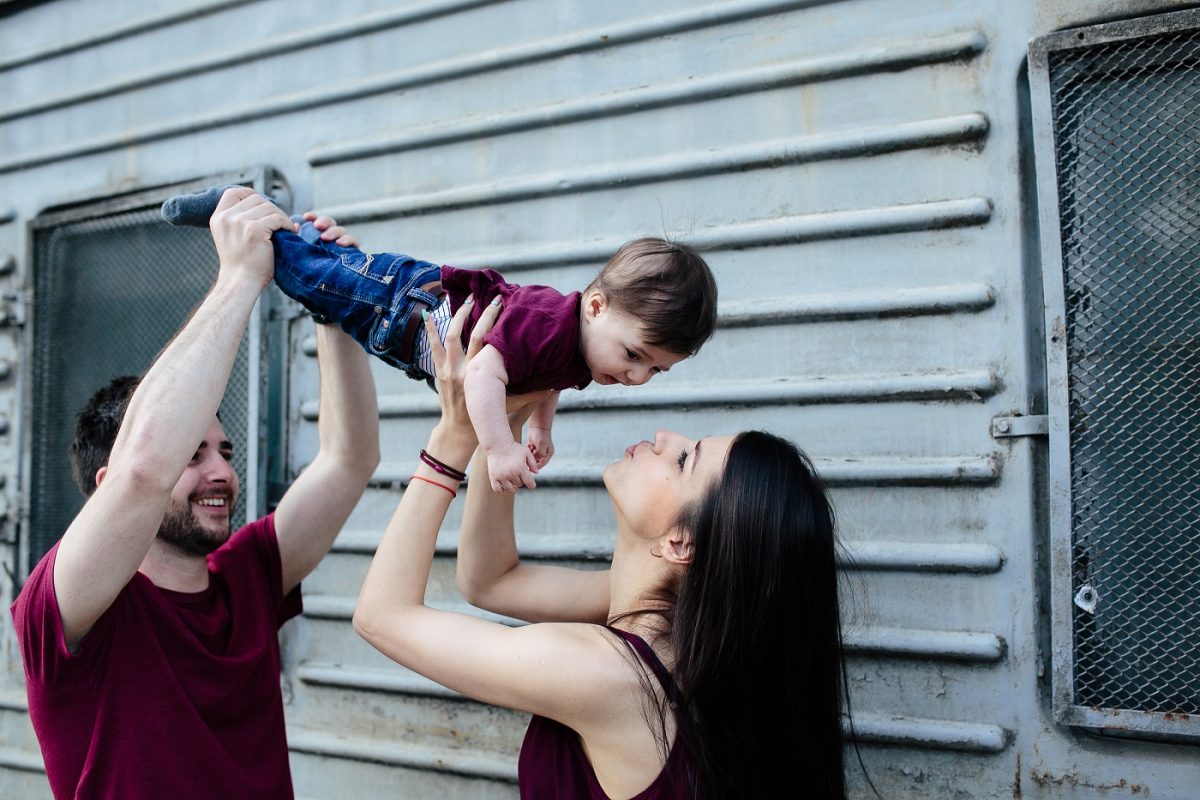Finding the right psychological support for your child can be a worrisome time for many parents. Our children are the most precious people in our world, and as parents, we want to ensure we get the very best of care for our children when they are experiencing developmental or mental health challenges. The Avenue place has extensive experience working with children, respects the vulnerability of this population and sees it as privilege and honour to have a positive influence on the next generation.
So, how do we work?
As psychologists, we understand that while it is important to include young children in therapy actively, not all issues are appropriate to discuss in front of them. In light of this, The Avenue Place recommends initial parent consultations for all children aged 12 years and under. Consultations provide parents with the unique opportunity to discuss their child’s challenges openly, ask questions and personally meet the psychologist to determine if he/she is appropriate for working with their child. Meeting parents before children attending the practice also allows us to understand your child better and prepare a personalised session for him or her based on his/her unique interests, personality and challenges.
Children typically attend between 6-10 sessions depending on the nature of their presenting issue and the progress they make through therapy. More severe or enduring mental health or developmental concerns, generally require ongoing care. Sessions are either 30 mins or 50 mins in length depending on the child’s unique circumstances.
The counselling format usually involves your child working with his/her counsellor individually. In saying this, we never have children distressed, and if there are separation issues, children are provided with the level of parental access they require to feel safe and comfortable.
Towards the end of the session or every few sessions, parent/s are invited to come into the counselling room with their child and review the important issues discussed or the skills introduced. Depending on your child’s age the amount of review time will vary. For example, with a very young child, parents may be actively involved, whereas older children are much more autonomous and do not want to share all of their counselling experience with their parents.
Depending on your child’s age and his or her presenting issues, a variety of counselling techniques are drawn upon. Many of them are based on a group of psychological treatments known as Cognitive Behaviour Therapy (CBT). CBT educates children about their thoughts, feelings and behaviour and the connection between them. Children can learn skills to change their thinking, and behaviour to result in more positive feelings and outcomes. CBT has been proven to be effective in treating many psychological problems among children and adolescents, as well as adults.
Some of the activities your child might participate in includes learning about their feelings and behaviour, completing activity sheets designed to teach new skills, listening to stories or music, partaking in meditation and imagery work, playing games, drawing or making things and talking about topics of interest or concern. To assist children in consolidating their understanding of the information presented to them during session time, there is often follow up work to be completed at home. Each of the activities will be aimed at working towards specific and agreed upon goals.
While the counselling techniques utilised with your child will be selected based on their researched effectiveness, psychologists are unable to guarantee a ‘quick fix’ for a child’s difficulties. Human behaviour, thoughts, feelings and problems are complex, and no two children are the same. In addition to this many of the skills introduced to children during counselling (e.g. anger management/ self-control) need to be practised at home and develop over time with the ongoing support of parents. Your child’s responsiveness to the activities presented in counselling will be monitored throughout the sessions, to determine whether or not the approach needs to be reviewed or changed. Parents have the right to withdraw their child from counselling at any stage.
In our experience, the children who make the most progress in counselling are those with parents who understand and are actively involved in the work their child is doing. Positive change in children will not transfer outside the counselling room if it is not followed up with appropriate support at home and school. We are also happy to support this follow up work through parent sessions and school advocacy if needed. We also encourage parents to ask questions or request further information should anything be unclear about their child’s counselling program.

